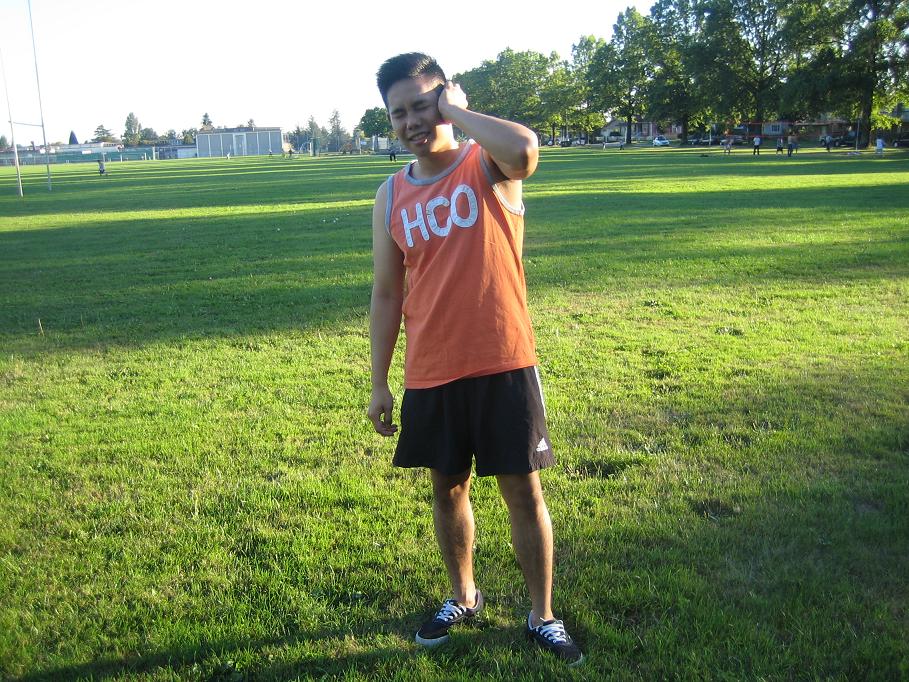Ear bleeding is discharge or drainage of fluids coming from the ear with inflammation and infection. Sometimes, the drainage has ear wax with pus and blood.
Causes of ear bleeding
- Ruptured eardrum caused by loud sounds, foreign objects inside the ears, infections and sudden change in the pressure of air. A change in pressure of air includes hand slapping the ears.
- Fracture at the bottom of the skull and blood vessel is ruptured
- Foreign objects or materials inside the ear and puncturing the eardrum or breaks the skin usually caused by cotton swabs, matchsticks and writing utensils.
- Bleeding during the last stage of the hemorrhagic fever. It breaks the blood vessels and bleeding happens in orifices including the ears.
- A benign growth that develops on the eardrum or outer ear canal or otic polyp.
- Malignant otitis media, an infection of the outer ear and spreads to the bones of the skull.
- Disseminated intravascular coagulation, a disorder where blood clots occur abnormally. Blood clot can form with inflammation.
Foreign objects or materials inside the ear and puncturing the eardrum or breaks the skin usually caused by cotton swabs, matchsticks and writing utensils.
Symptoms
- Buzzing sound in the ears
- Weakness of the face
- Pain in the ears
- Hearing loss
- Headache
- Fever
- Dark circles around the eyes
- Strong odor draining from the ears
- Ringing in ears
- Disorientation
- Vomiting
- Severe exhaustion
- Bleeding nose
- Dizziness
- Excessive amount of blood draining from the ear
Treatment
- Apply warm compress on the affected ear to lessen the pain and fast drainage of the fluid. Soak a clean face cloth in warm water, wring out excess water and then apply it directly on the ear.
- Inhale steam to open the Eustachian tube, release fluid that cause the blockage and for fast drainage. Fill a basin with hot water, cover the head with large cotton towel and place the head over the steaming basin and then breathe in through the nose and exhale through the mouth for at least 10 minutes. Repeat the process as long as there is still steam in the basin.
- Prescribed antibiotics to lessen infections of the ear and other symptoms.
- Prescribed anti-inflammatory and pain medications to lessen the pain and the inflammations.
Tips
- Avoid picking the ears with objects such as cotton swabs, match sticks and hair clips.
- Use earplugs when taking a swim or showering to avoid further irritations or cause infections on the affected ear.
- Stop using earphones while in the healing stage.
- Avoid flushing the blood out of the ear using oil or water, to prevent worsening of the condition. Avoid using oil to moisturize the ear canal until the area is totally healed.
More Information
The details posted on this page on ear bleeding is for learning purposes only. To learn to properly manage this injury, enroll in a first aid course with one of our training providers.

